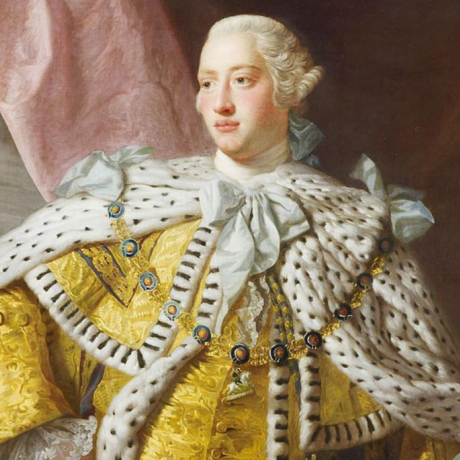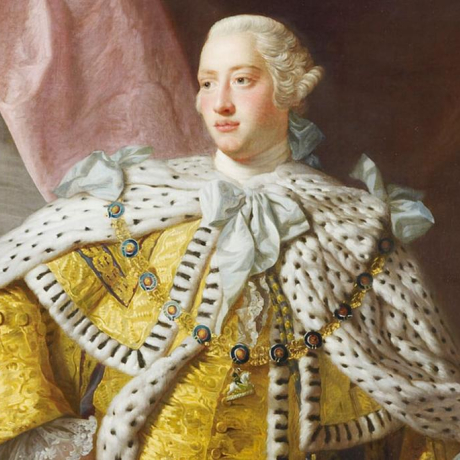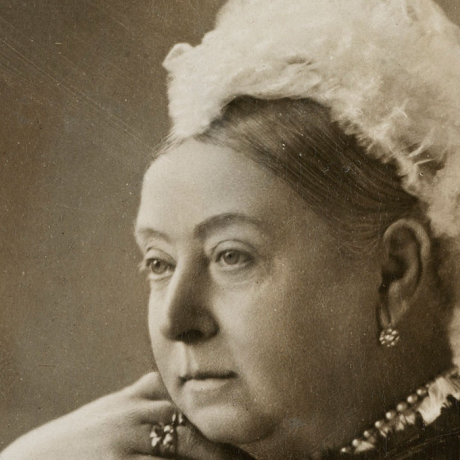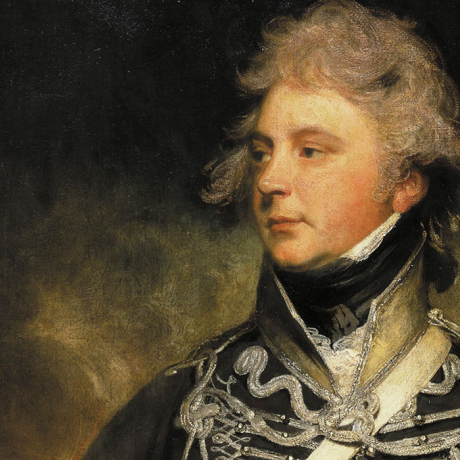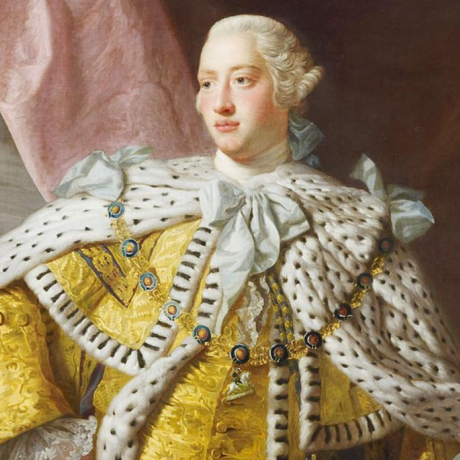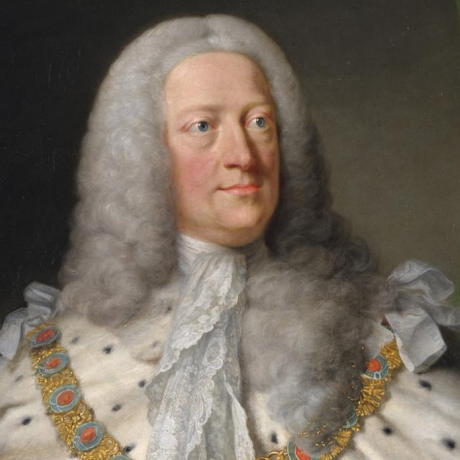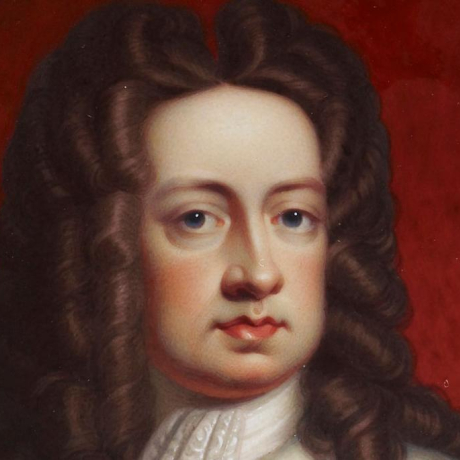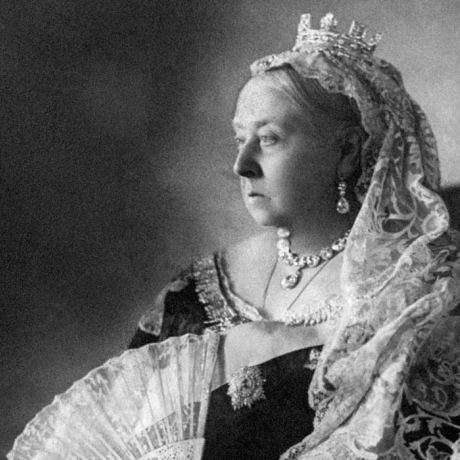The Hanoverians came to power in difficult circumstances that looked set to undermine the stability of British society.
The first of their Kings, George I, was only 52nd in line to the throne, but the nearest Protestant according to the Act of Settlement. Two descendants of James II, the deposed Stuart King, threatened to take the throne in 1715 and 1745, and were supported by a number of 'Jacobites' throughout the realm. The term Jacobite is derived from 'Jacobus', the Latin form of 'James'.
For all that, the Hanoverian period was remarkably stable, not least because of the longevity of its kings. From 1714 through to 1901, there were only six monarchs, one of whom, George III, remains the longest reigning king in British History. Queen Victoria then surpassed her grandfather in both age and length of reign.
The period was also one of political stability, and the development of constitutional monarchy. For vast tracts of the eighteenth century, great Whig families dominated politics, while the early nineteenth century saw Tory domination.
Britain's first 'Prime' Minister, Robert Walpole, dates from this period, and income tax was introduced. Towards the end of the Hanoverian period, the Great Reform Act was passed, which amongst other things widened the electorate.
It was also in this period that Britain came to acquire much of her overseas empire, despite the loss of the American colonies, largely through foreign conquest in the various wars of the century. By the end of the Hanoverian period, the British Empire covered a third of the globe.

